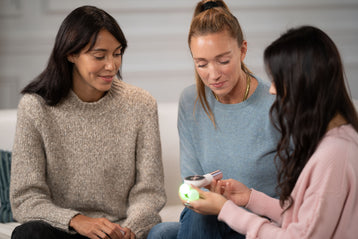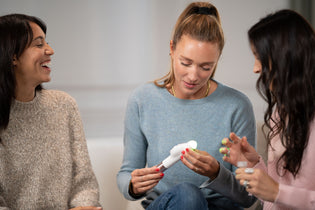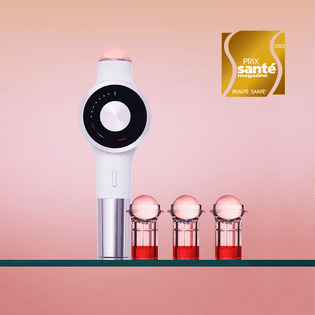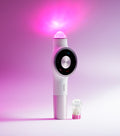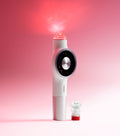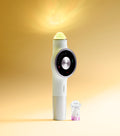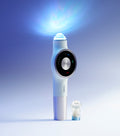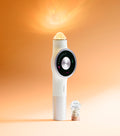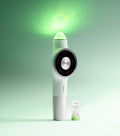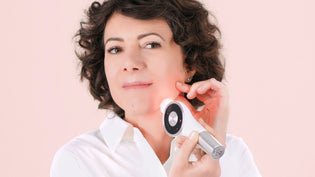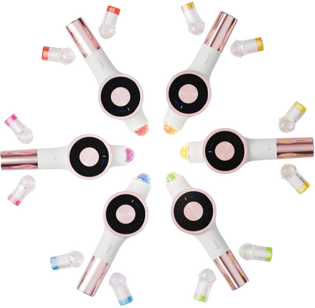Dry skin is a common skin problem that can affect anyone at any age. It manifests itself as skin that lacks hydration, becomes rough and dull. Some skin is sometimes prone to itching and irritation. This can affect the entire body. It is essential to understand the causes and symptoms of dry skin to better get rid of it. In this article, we will explore the different causes of dry skin, the symptoms associated with it, as well as practical tips to prevent and treat it effectively.
The causes of dry skin
Dry skin can be caused by many factors, both internal and external. Among the external factors:- The climate: cold temperatures, wind…
- Skin care products: using unsuitable products, such as harsh soaps or products containing irritating ingredients.
- Hot showers or baths: Prolonged exposure to hot water can strip away natural oils and lead to a lack of hydration.
- Exposure to the sun: the sun can damage the skin's protective barrier (on the face and body), thus increasing the risk of having dehydrated skin.
- Age: Skin becomes thinner and less elastic with age, which can cause increased dryness.
- Hormones ;
- Diseases: Certain skin conditions, such as eczema and psoriasis, may be the cause of your rough skin.
Symptoms of dry skin
Dry skin can cause a variety of symptoms, which vary in intensity depending on the severity of the dryness. Here are some of the symptoms of skin that needs hydration:- Dry, dull and rough skin: skin hydration is insufficient.
- Itching and irritation: This causes you discomfort and even disrupts your sleep.
- Cracks and crevices: This can be painful and cause infections.
Skin dryness: where are you?
- Mild dryness of the skin: Regular hydration can help relieve symptoms. Light moisturizers and body lotions can help maintain adequate hydration.
- Moderate dry skin causes itching and redness on the face and body. It is important to use gentle and moisturizing skin care products.
- Severe dry skin can cause flaking, cracking and loss of flexibility. In this case, it is important to use skin care to repair and protect your skin's skin barrier. Treatment oils, body butters or a ceramide-based cream moisturize and repair dry skin.
Natural care and remedies for dry skin
There are many treatments that can help reduce the symptoms of dry skin.- Make sure your skin is hydrated: use a moisturizer or body lotion, preferably without perfume or alcohol, and apply it regularly.
- Take short, lukewarm baths: Long, hot baths can make your skin dryer.
- Use natural oils: they help maintain skin hydration and reduce itching and irritation.
- Drink enough water: to maintain the hydrolipidic film of your skin, it is important to drink enough.
- Avoid harsh products on the body and face: skincare products containing perfumes, alcohols and sulfates can aggravate dry skin problems. Avoid them as much as possible (regardless of your age) and opt for skincare without harsh chemicals that will further irritate your rough skin.
